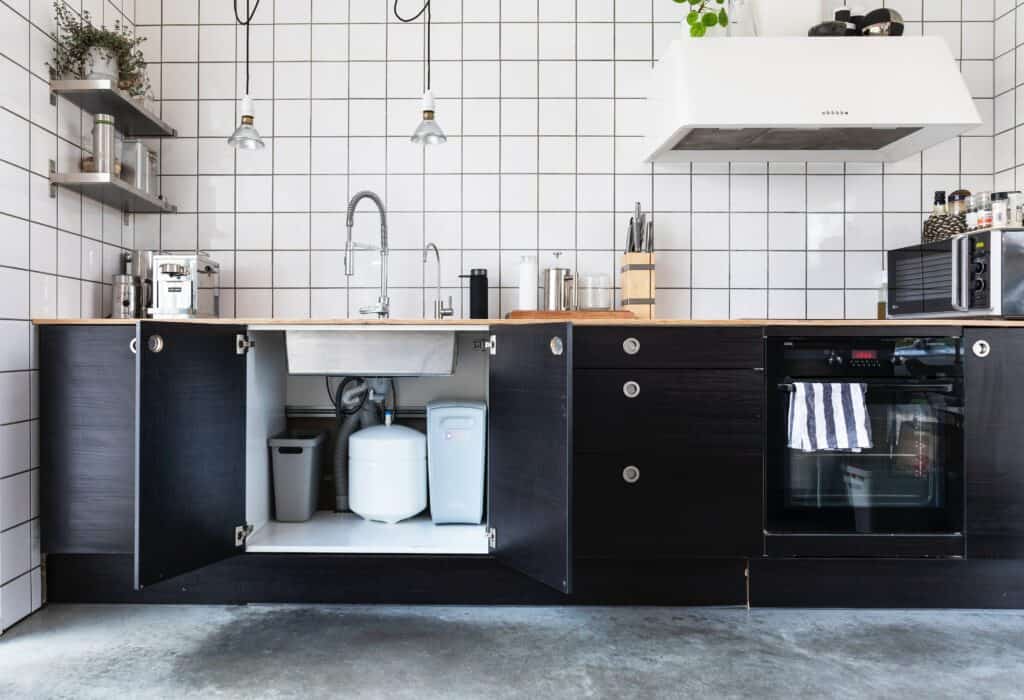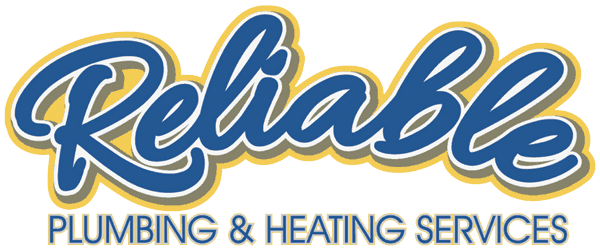
Consult a professional before choosing between a water softener and conditioner.
As a homeowner, you may have heard the phrases “water softener” and “water conditioner” and wondered what they were and how they differed. Both systems are intended to enhance the quality of your water, but they operate in different ways.
This blog post explains a water softener vs. a water conditioner for home and office to help you make decisions.
What Is a Water Softener?
A water softener is a device that removes calcium and magnesium, two minerals that make water hard. The hard minerals are often swapped for sodium or potassium ions in a procedure known as ion exchange.
Small resin beads are housed in a resin tank within the water softener. The beads contain sodium or potassium ions that attract the water’s hard minerals and draw them out of the system. The minerals are removed from the system during a regeneration cycle.
A water softener has advantages, including greater water quality, fewer residues of soap, and better-tasting water. However, using a water softener has several disadvantages.
One is that your daily salt or potassium consumption may increase due to the sodium or potassium ions used in the ion exchange process. People with specific medical issues may find this to be concerning. Additionally, some individuals may have slick skin or “flat” hair after showering with soft water.
What Is a Water Conditioner?
A water conditioner treats water without removing hard minerals. Instead, it changes the chemical composition of the minerals to prevent them from building scale on surfaces. Template-assisted crystallization is often used to accomplish this. A catalytic substance in the water conditioner converts the minerals into little crystals, preventing them from adhering to surfaces.
A water conditioner has several benefits, including greater water quality, fewer scale accumulation, and better-tasting water. The lack of additional salt or potassium in your water is another benefit for people with certain medical conditions. Moreover, some people also prefer the texture of hard water.
However, since a water conditioner doesn’t eliminate hard minerals, you are still susceptible to the negative effects of hard water.
Water Softener vs. Water Conditioner for Home: What to Buy
So, which is better: a water softener or a water conditioner? The answer is dependent on your unique requirements and preferences. A water softener is perhaps the best solution to remove hard minerals from your water. If you are concerned about sodium or potassium consumption, a salt-free water softener or water conditioner may be preferable.
Furthermore, a water conditioner may be a better alternative if you love the sensation of water that still includes hard minerals.
When deciding between a water softener and a water conditioner, speaking with the top plumbing and heating companies in the Seaside and Monterey area is essential. Expert plumbers can assist you with installation and maintenance while helping you choose the ideal system.
Contact Reliable Plumbing & Heating Services for Expert Plumbers
To sum up, a water softener and a water conditioner for home and office offer efficient methods for enhancing the quality of your water. Your ideal system will vary depending on your requirements and preferences, system cost, and other factors.
At Reliable Plumbing & Heating Services, we offer expert installation and maintenance services for water softeners and conditioners. We’re amongst the top plumbing and heating companies in the Seaside and Monterey area. Our plumbing specialists can assist you in selecting the ideal system for your requirements.
To find out more, contact us now!
